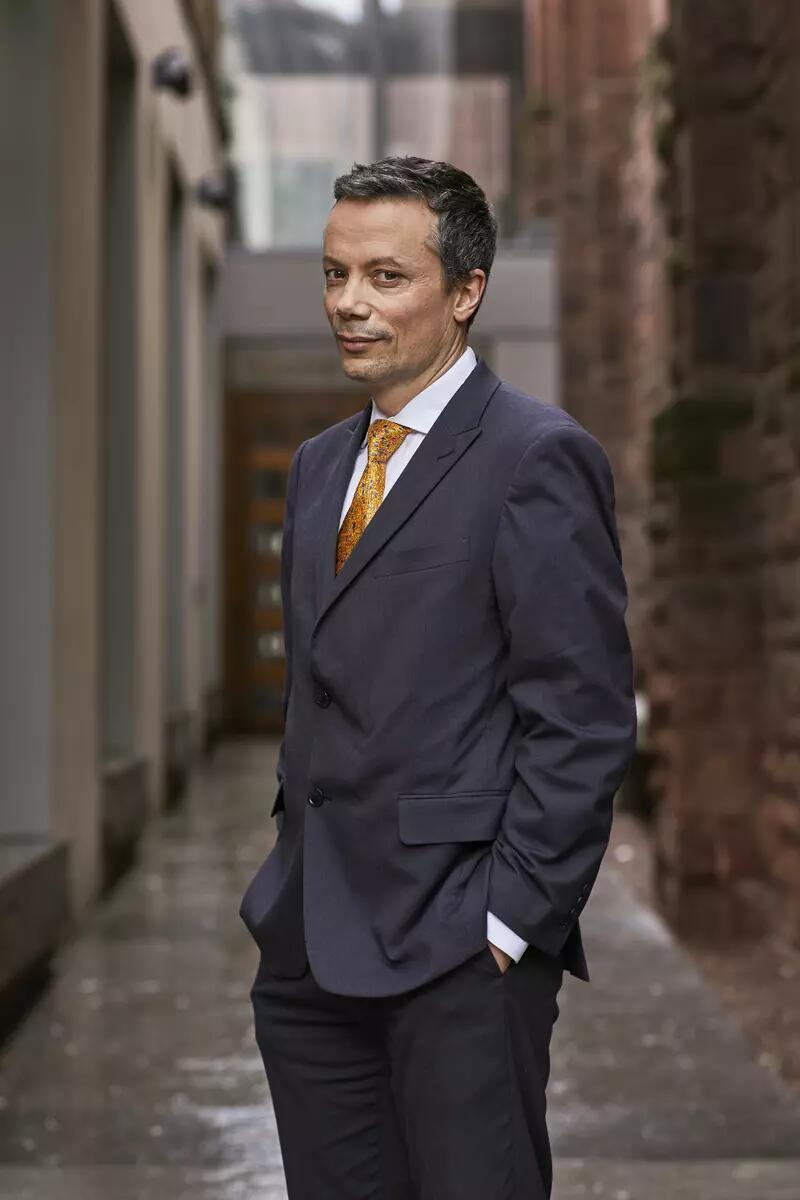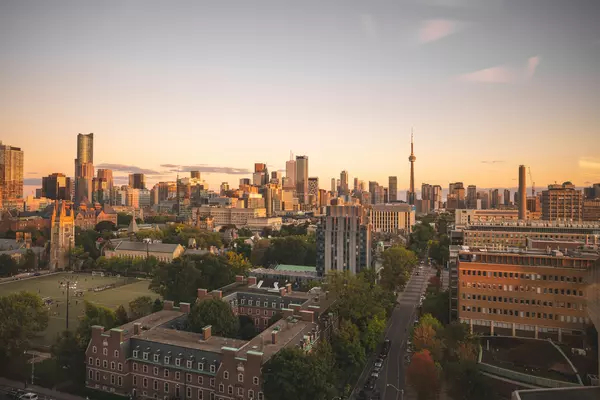Teresa Kramarz

COVID-19’s sudden emergence eclipsed the growing public sense of urgency about carbon emissions, pollution and natural resource exploitation.
“How can we even begin to imagine building resilient societies without taking the environment and climate change into account?” asks Teresa Kramarz, associate professor, director of the Munk One program and co-director of the Munk School’s Environmental Governance Lab. Kramarz explained that pandemic-proofing climate policy means focusing on citizens’ capacity to respond.
“The pandemic has replicated some of the very same lessons that follow climate disasters like floods and droughts – it hit poor and racialized communities hardest. Inequality creates significant social vulnerabilities - this undermines recovery and resilience for the next epidemiological or climate event,” said Kramarz.
“People can respond better to external shocks if they have secure employment, safe housing, don't suffer discrimination because of their race or immigrant status, have access to responsive political representatives, and so on. Pandemic and climate-proofing involves moving beyond any kind of one-off technocratic fix and taking poverty seriously, because that's the one of biggest drivers of vulnerabilities.”
As recovery progresses, Kramarz urged a focus on sustainability. “A sustainable recovery means reactivating the economy through financial investments that are based on the future we need rather than reinvest and double down on the past we were trying to get away from. This is the time for the government to make choices and prioritize investing in low-carbon alternatives.”
The pandemic has replicated some of the very same lessons that follow climate disasters like floods and droughts – it hit poor and racialized communities hardest.
- Teresa Kramarz
Randall Hansen

Randall Hansen, Canada Research Chair in Global Migration, director of the Centre for European, Russian, and Eurasian Studies, and director of Munk School’s Global Migration Lab, echoed Kramarz’s caution that true pandemic-preparedness doesn’t come without addressing inequality.
“The pandemic has highlighted something that some migration scholars knew, which is how utterly dependent almost every major country — developed, developing, countries in Europe, in Russia, in North America, in Asia — are on cheap migrant labour,” he said. “This is true of agriculture, construction, hospitality and caregiving.”
Whether it is agricultural workers living in cramped quarters in southern Ontario or Singapore, “these populations have been highly susceptible to the virus.”
“Everyone is so dependent on these migrants,” said Hansen. And it’s that structural dependence on inexpensive labour that raises a barrier to pandemic-readiness of any kind for migrants around the world."
“What we have to do going forward is look at those sectors and make regulatory changes,” explained Hansen, but he cautioned that it comes at a cost to consumers. “You can slow down the lines in the slaughterhouses…but it means the rest of us are going to have to pay more for meat.” The same applies to textiles, hospitality and caregiving to varying degrees depending on the region.
Moreover, “do we have arrangements in place for [migrants’] quick and safe return home? Do we have a capacity to really house them so that they’re socially distanced and safe from the virus? Do we have ability to convert factories, meat-processing plants in a manner that slows down production so that we can create space between workers? That will all have to be thought about.
The structural dependence on inexpensive labour raises a barrier to pandemic-readiness of any kind for migrants around the world.
- Randall Hansen
Drew Fagan

Before taking on his role as a professor at the Munk School, Drew Fagan served as a Deputy Minister of Infrastructure for the Ontario government and as Assistant Deputy Minister for strategic policy and planning and what is now Global Affairs Canada. He described three factors that influence a government’s ability to face a crisis: a sense of common purpose; national leadership and a respect for evidence-based information.
"What is the difference between countries that have been relatively successful [in combating COVID-19] and those that have been relatively unsuccessful?"
"If you have a society that respects the views of experts; if you have national leadership that can bring common cause in moments of crisis; and if you can create out of that the makings of a society that can come together in a crisis instead of pulling apart, the odds are good that you’re going to come out relatively well in four months versus relatively bad.” Without leadership to encourage a common cause and a civic willingness to listen to expertise, any society is prone to failure when the worst happens. The old adage about an ounce of prevention here is critical. “You need effective global institutions,” Fagan continued.
“Respect for science. Integration for society and common cause and finding a balance between economy and health.”
Strong policy means respect for science, integration for society and common cause; and finding a balance between economy and health.
- Drew Fagan



